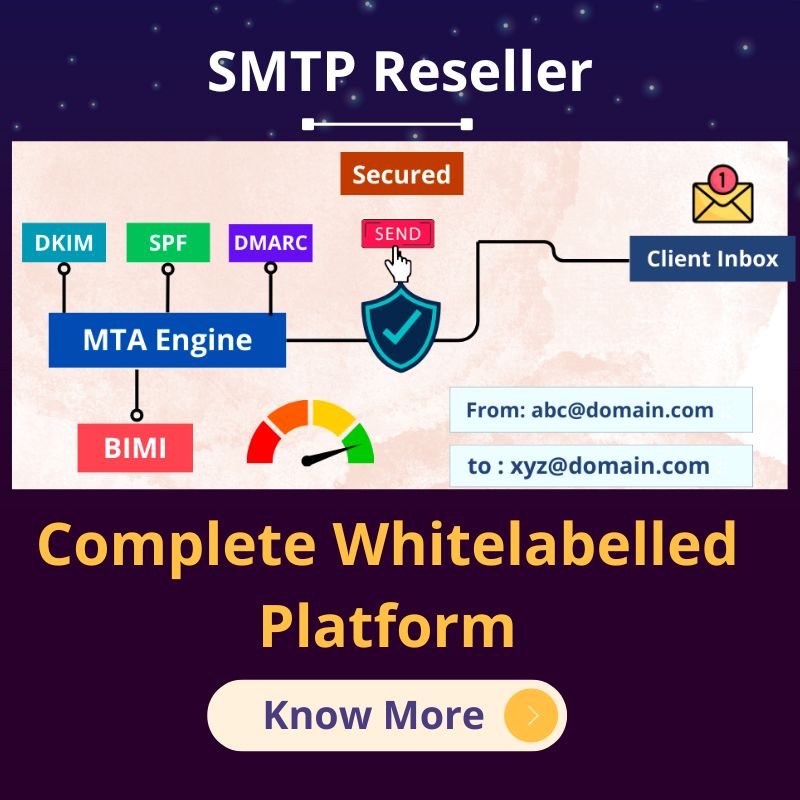Integrating Your CRM with Marketing Automation Benefits
There are many companies which integrating customer relationship marketing platforms (CRM) with marketing automation systems can be harnessed to achieve the best possible relationships with customers. Marketing automation is already used by a quarter of all B2B Fortune 500 companies and 76% of the world’s largest SaaS companies.
Important Marketing Automation Benefits that integrating your CRM
1. Bigger Purchase at a Lower cost
Successful lead nurturing breeds educated, gratified customers who channel their satisfaction into their purchase sizes, making 47% larger purchases than non-nurtured leads. Companies excelling at the practice generate 50% more sales-ready leads—and do so at a 33% lower cost per lead.
After considering the previously mentioned benefits of marketing automation on lead nurturing, add in the fact that it increases sales productivity by 14.5% while simultaneously trimming marketing overhead by 12.2%. If higher revenues were not already desirable enough, earning them by cutting costs is a rare opportunity. Lead nurturing increases sales productivity by 14.5% and trims marketing overhead by 12.2%.
2. More Information Can Gather On Customers
Modern marketing and sales departments focus on collecting as much information about consumers and their purchasing patterns as possible. This data is invaluable because it lets companies determine the best way to reach and convert prospects into customers.
Hence the greater the volume of customer data that companies can effectively process, the more targeted and strategic they can be in communications.
3. Sales Process can get shorten by automatically sending leads
A company with a long sales cycle can spend months nurturing potential clients. Who lose interest or take their business elsewhere. To make matters worse, as more decision makers have entered the typical buying process, the average sales cycle has increased by 22% in the past 5 years.
The old saying still rings true: time is money. Between a buyer considering multiple options and a sales force attending to numerous leads. There is ample room for communication inefficiency, dragging out the process. Longer than necessary and jeopardizing the success of the sale. Automation minimizes lost days or months by sending the most relevant content at the best time—and while you still have their attention.
4. Improved Efficiency in Handling Customers
Confused customers often come at a great cost. Lost sales, reduced business, and diminished customer interest. Fortunately, one of the most commonly cited advantages of combining CRM with marketing automation is a reduction in confusion and an increase in clarity. This clarity derives from the marketer’s newfound ability to deliver a precise and consistent message. One that also benefits from extra time gained from automation efficiencies. Which allows teams to spend more time on establishing relationships.
5. Companies Can Focus More on What Works
Companies that are unable to make precise analyses of their businesses performance face an uphill battle in growing their company. After all, low confidence in obscure analytics makes it unclear. As to what’s working, and what needs additional growth.
Hence CRM integrated marketing automation allows companies to better measure marketing successes and failures. Subsequently, companies are able to increase focus on growing the successful parts of their business.
There are many companies which integrating customer relationship marketing platforms CRM with marketing automation systems can be harnessed to achieve the best possible relationships with customers. So that marketing automation is already used by a quarter of all B2B Fortune 500 companies. And 76% of the world’s largest SaaS companies.




